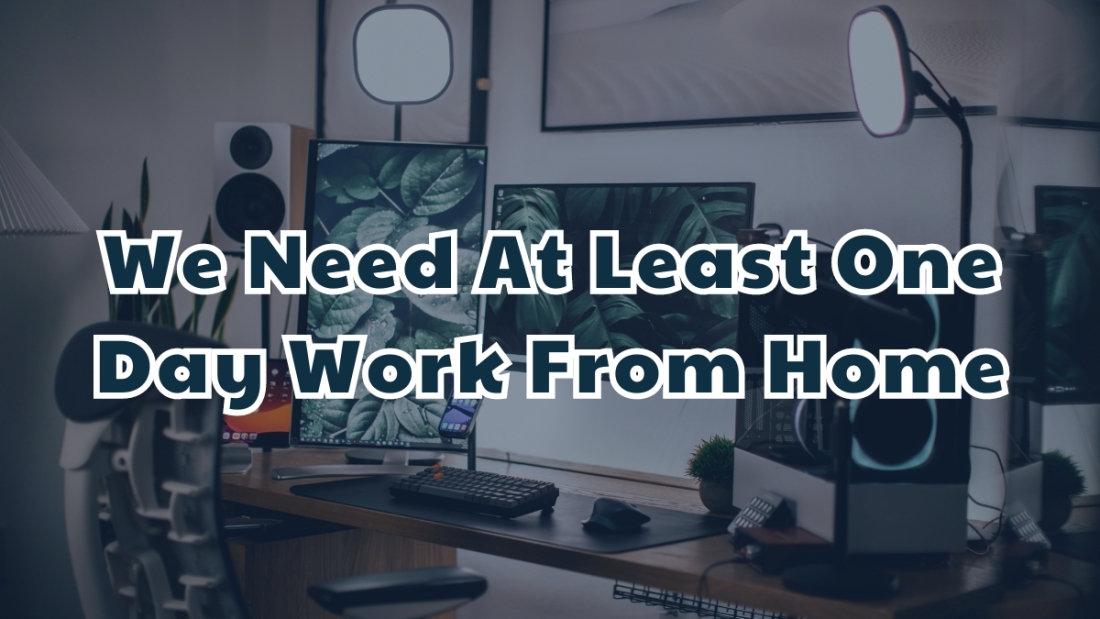According to various reports, over 90% of companies aim to implement Return to Office policies by the end of 2024. However, the 5-day office commute seems to be on the way out, with many experts terming it as ‘dead.’ The shift to remote work during the pandemic has altered employee expectations and norms, with many wanting to retain the flexibility of working from home at least part of the week.
The Argument for Full-Time Office Work
Many CEOs and company leaders argue that productivity, collaboration, and employee engagement suffer without a physical office presence. They claim that a shared workplace is crucial for establishing and maintaining corporate culture, which they believe accounts for a significant part of a company’s market value. Give us a break, your commercial real estate investment just looks foolish every day we don’t come in. Additionally, some leaders argue that workers are more productive in the office.
Again, we proved that this was possible during the pandemic. I could do my job from anywhere for 1-2 days, while maintaining my productivity and organization. Companies like Goldman Sachs and Google have even factored in-office attendance into their performance reviews. That is like a college coach saying that off-season team lifts are “optional”. We all know it means low-key required.
The Case for Remote Work
On the other hand, a significant percentage of employees prefer a hybrid work model that includes at least one remote workday per week. Remote work advocates argue that it offers greater work-life balance, eliminates commuting time, increased productivity and a mental health boost. If there was anything positive we could take from the pandemic, it’s that there should at least be flexibility offered. Remote work provides a safer alternative in these uncertain times and if it can be offered for something as small as commute disruptions or bad weather, at least employees feel empowered to do what’s best for them on any given day.
The Great Resistance
Despite companies’ return-to-office mandates, a substantial number of employees are choosing to defy these orders. Companies mandating a full five-day return has hurt morale and even has caused employees to seek opportunities elsewhere with no such mandate. This resistance presents a unique challenge for businesses trying to navigate the post-pandemic work landscape.
Why shouldn’t we resist? That 1-2 days at home can be an absolute game changer. Think about it: it is a day away from office drama. You get a day to hit the reset button, away from any workplace squabbles. It’s the perfect time to catch up on laundry or any task that’s been nagging at you. Plus, ditching the commute means you can actually focus on work without the usual distractions. It’s not just convenient, it’s smart.
A work-from-home day is the breath of fresh air your weekly routine desperately needs. It’s not just good for you, it’s good for business. If the day is slow, you can at least conduct some of the miscellaneous tasks that just seem to pile up as an adult. If my personal affairs are taken care of accordingly, I am bound to be a better employee day-to-day. It’s hard to convince the boomers in charge who didn’t always have the computer. If they suffered, they think we should to.
The Future of Work
With millennial parents and Gen Z using this tactic as leverage, the future of work is likely to be a blend of office and remote work. Companies that recognize this shift and adapt their policies accordingly may find themselves at an advantage when it comes to recruiting and retaining top talent. Autonomy is a feeling employees want. We do not want to be told we have to come in five days a week. If you want to, that’s your own choice and kudos, but it’s not for everyone.
The ongoing debate about returning to the office signals a broader conversation about what work will look like in the future. It’s clear that the traditional 9-to-5, five days a week needs to be destroyed. The companies who will come out on top will be those who listen to their employees and build a work model that supports both the company’s and the employees’ needs.



Leave A Comment